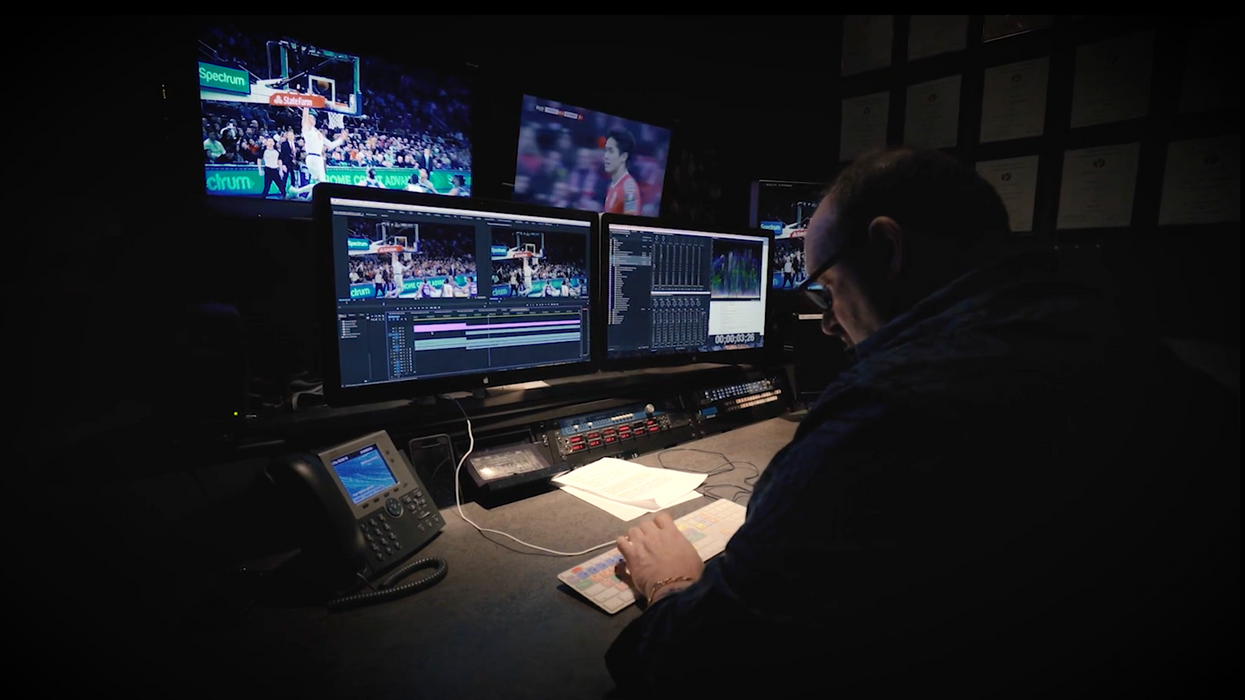3 Key Characteristics of Great Film and Video Editors
Which traits do successful editors possess that help them craft dynamic visual stories?

Editing is an art form that dwells in both the technological side and creative side of filmmaking, which means its craftspeople have to be just as tech savvy as they are artistic. With so many skills and attributes that benefit the craft in different ways, what are some of the more crucial ones that young editors can learn to hone early on? In this short video, editor Roy Schneider gives a basic explanation of what an editor is, but in doing so, provides a pretty solid argument as to why storytelling, instinct, and versatility are some of the most important characteristics in successful editors.
Great editors are a lot of things: they are hardworking, adaptable, and able to nurture a director's vision while still employing their own expertise in the editing room. However, Schneider touches on three traits in particular that form the foundation of every great editor.
They are storytellers
Regardless of which phase of production you're in, story is king. Great editors know that their #1 goal is to ensure that every clip, every edit, and ever transition is put in their timeline to serve the story, and perhaps their #2 goal is to have the courage to cut out that which does not—no matter how good it is. Having a keen understanding of visual language is key to being a great visual storyteller and editors need to be able to recognize how different arrangements of clips affect viewers emotionally.
They are instinctual
There are very few hard and fast rules in editing, and most of those are technical in nature. When it comes to the creative side, great editors rely on their instincts to know when to make a cut, how to transition between shots and scenes, and how to pace their edits using different editorial techniques, because there isn't a playbook for editing. You can't say "the best duration for a cut is X seconds long" or "every close up needs to be proceeded by X shot size." Editors have to feel the edit, because that is ultimately what their audience will do.
They are versatile
Many editors don't just edit video footage. They also work with audio, color grades, and visual effects to some degree, which means being a jack of all trades will help you reach higher levels in your career. If you don't know much about mixing audio, creating LUTs, or crafting 3D effects, devote some time to learning about these areas of post-production so you can have plenty to offer clients who want to hire you.
Which traits do you think great editors possess most? Let us know down in the comments.
Source: Roy Schneider











